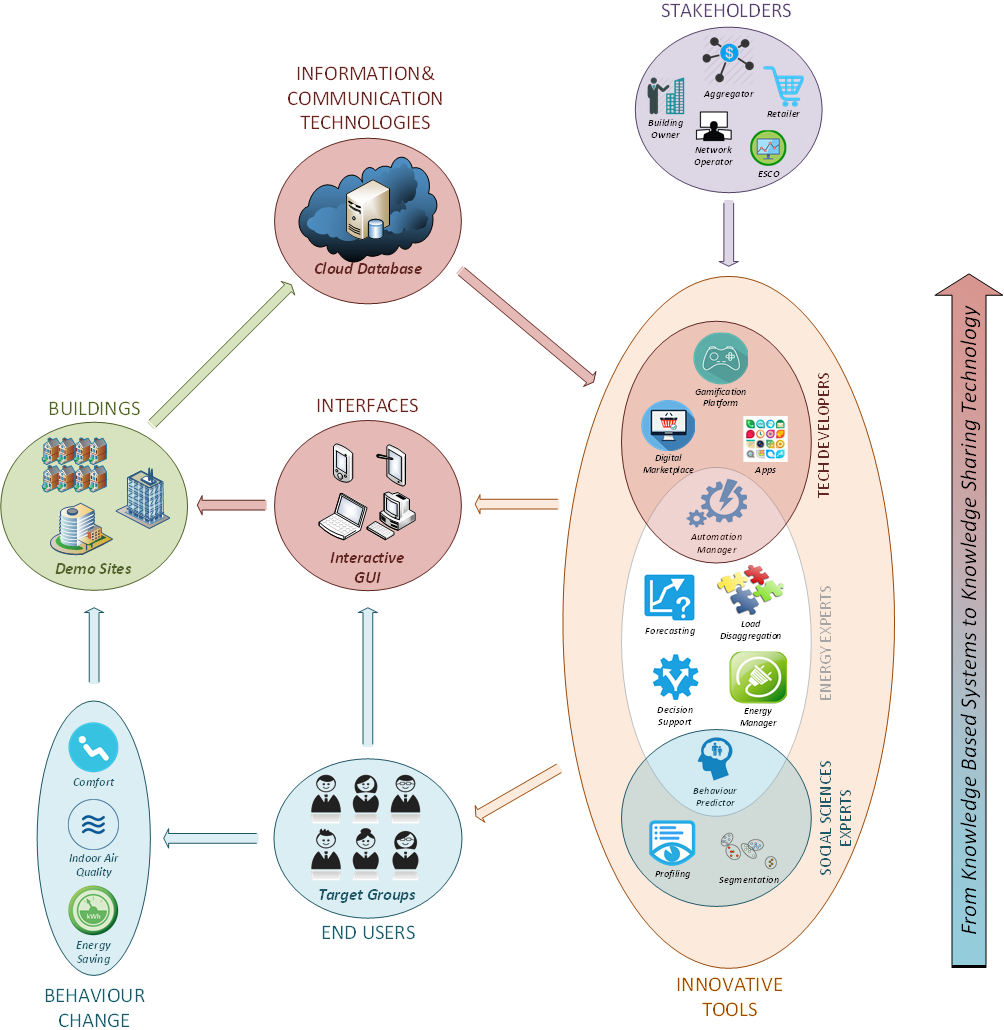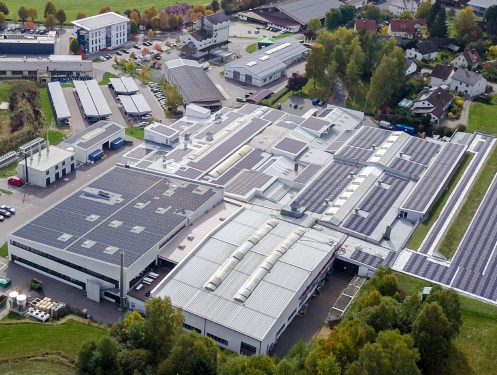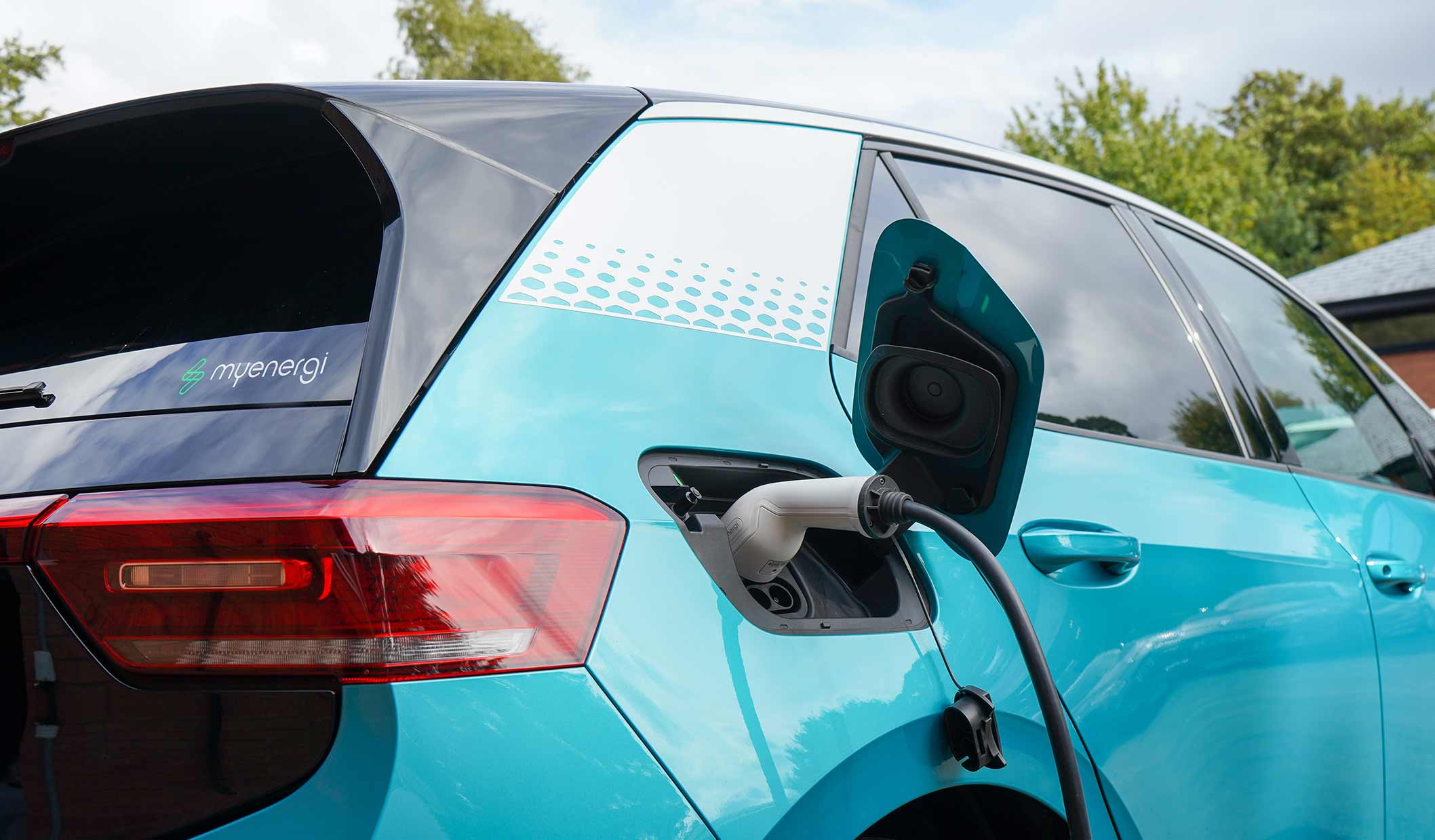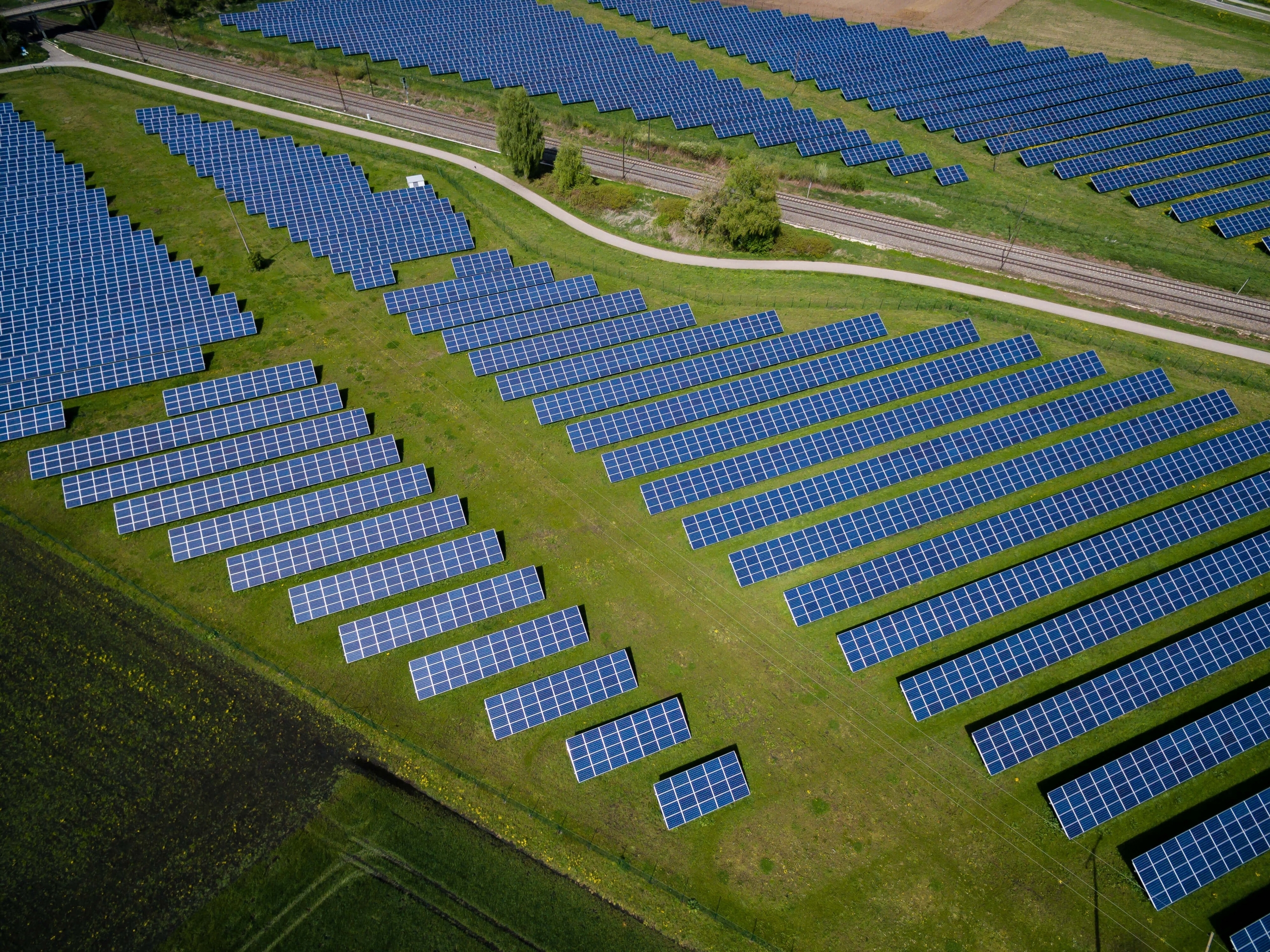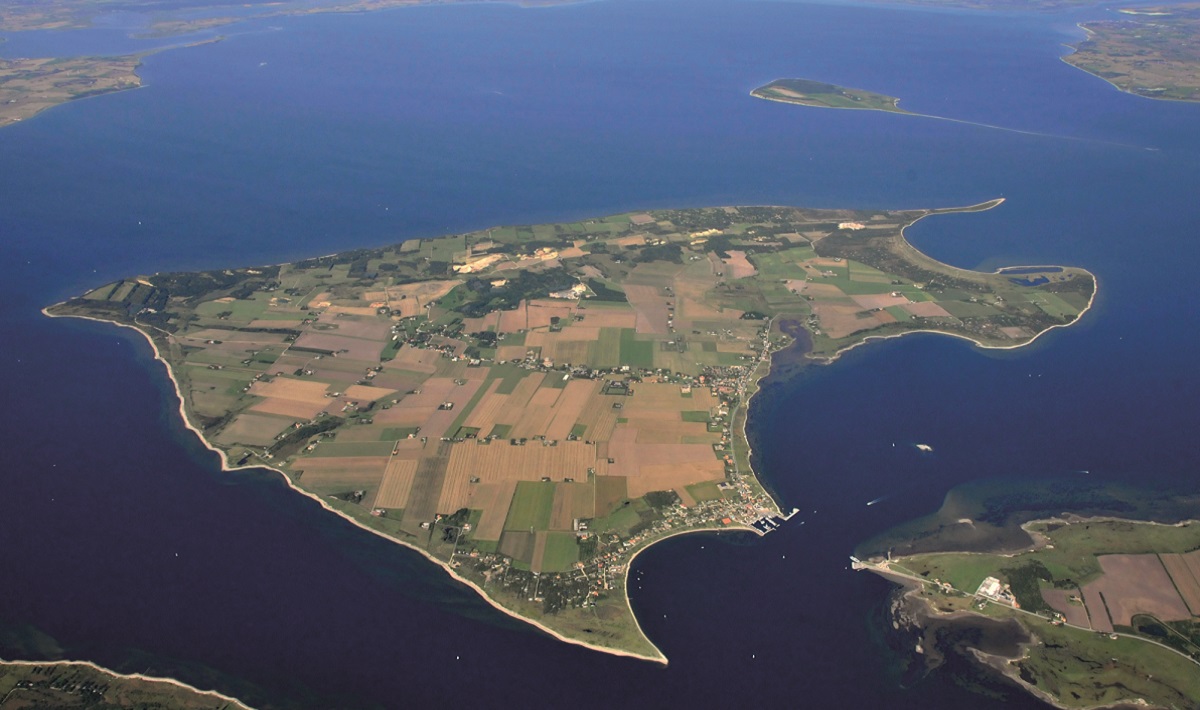
FEEdBACk
Fostering Energy Efficiency and BehAvioural Change through ICT
The FEEdBACk project is a 42-month Innovation Action Project co-funded by the European Commission through the Horizon 2020 Framework Programme for Research and Innovation as part of the Energy Efficiency objective.
The core objective of FEEdBACk is to promote, stimulate and deliver energy efficiency through behavioural change. The FEEdBACk project will develop, integrate and trial a wide range of energy focused ICT and behaviour modification applications, that will be used to engage energy users and permit them to understand and change their energy consumption related behaviour in different built environments in three climatic settings (northern Portugal, Mediterranean Spain, and northern Germany).
To encourage a more efficient energy utilization and a more responsible consumer behaviour, a gamification platform will be used to motivate behavioural change by fostering awareness and consumer engagement through a pervasive application that analyses context, sends personalized messages and manages gamified peer competition and feedback.
The gamification platform will be embedded in a broader ICT-based platform for energy efficiency with an interactive energy management system, which will aid interested stakeholders optimizing “when and at which rate” energy is to be buffered and consumed, with several advantages, such as reducing peak load, maximizing local renewable energy consumption and delivering a more efficient use of the resources available in individual buildings or blocks of buildings. This system will also interact with an automation manager and a users’ behaviour predictor application.
Project data

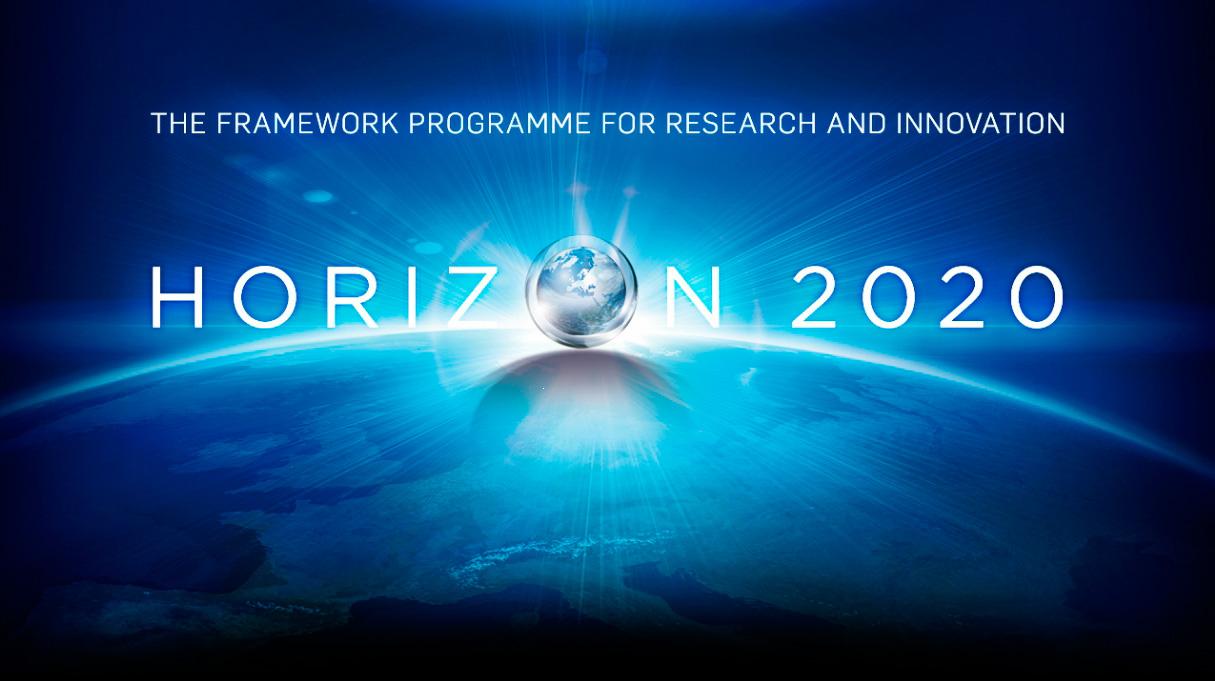
The approach to motivate behaviour change is made by intrinsically motivating the user to change procedures and take advantage of opportunities to improve energy efficiency without compromising the comfort level and autonomy. In order for the user to feel in control, the application will analyse the users’ context and past behaviour to choose the right moment to introduce advice notices.
The development of this broad spectrum of energy related applications and the utilisation of next generation gamification techniques, tested in such a wide range of built environments has not been attempted before.
Rationale
The growing energy demand poses new high impact carbon-based challenges to our society and to the environment. Improved Energy efficiency is one of the initiatives of the European Commission (EC) to achieve the European Union (EU) energy and climate change policy objectives. As such, it is an integrated part of a long-term growth vision embedded in the Europe 2020 Strategy and the European Semester process.
The “Action Plan to implement internal energy market at retail level [1]” is another initiative of the Roadmap of the European Commission that aims at:
- Facilitating consumer activation and engagement in the management of energy consumption and production
- Contributing to reduced energy costs and more efficient and smarter use of energy
- Strengthening system architecture reliant on impartial system operators to create conditions for further uptake of modern technologies for better management of energy demand and electricity generation by both suppliers and consumers.
There is therefore a very strong commitment at EU level to integrate smart grid technologies that trigger energy efficiency and to speed up the stakeholder adoption of these technologies. It is evident that higher consumer participation is required in order to successfully address the above aims: the initiative towards energy efficiency, and the action plan to implement a retail-level energy market and the adoption of smart grid technologies. FEEdBACk will contribute to achieving the above aims through its innovative and comprehensive ICT and human factors-based solution, consisting of a gamification platform for buildings’ users embedded in an interactive energy management system with decision support capability, which can be used by building owners, aggregators, energy retailers, ESCOs or even network operators, enabling them to trigger positive behaviour change within the various elements of the energy user community.
[1] “Action Plan to implement internal energy market at retail level”, 2013. Available here.
Framework
The FEEdBACk project envisages the development of innovative applications to encourage users of buildings to comprehend and then adopt more energy efficient behaviours and to aid building managers to maximize energy savings (from electricity and natural gas) fostering not only users’ behavioural change, but also using automation to optimize energy consumption, generation and storage of controllable and flexible devices without compromising comfort levels and indoor air quality parameters.
The project will monitor several types of buildings in different climatic regions in order to obtain measurements of electricity and gas consumption as well as key parameters related to comfort requirements (temperature, humidity, indoor air quality). This data will be sent periodically and stored in a cloud database.
The communications infrastructure used to send the data to the cloud database will be the already existing Internet connections in the buildings of the 3 demonstration sites.
The pervasive application is composed by a context-aware module that identifies the context in which the user is (space and time) to give input to a behaviour predictor application. The behaviour predictor will incorporate advanced machine learning algorithms running in a closed loop to evaluate users’ reactions to the stimulus sent by the energy manager. This application will also provide a simple and intuitive interface for the gamification platform. With the continuous operation of the gamification platform and the increasing amount of data available, the behaviour predictor is expected to provide increasingly accurate forecasts of users’ behaviour when a stimulus is sent by the energy manager through the gamification platform.
To maximize overall system energy efficiency, the energy manager will also interact with an automation manager application whose main goal will be managing, in an optimal manner, all the controllable devices available in the buildings’ premises, such as HVAC systems and thermal loads, taking into account equipment technical restrictions, comfort levels and indoor air quality requirements.
Methodology
The project will be implemented in 4 phases with distinct activities and objectives.
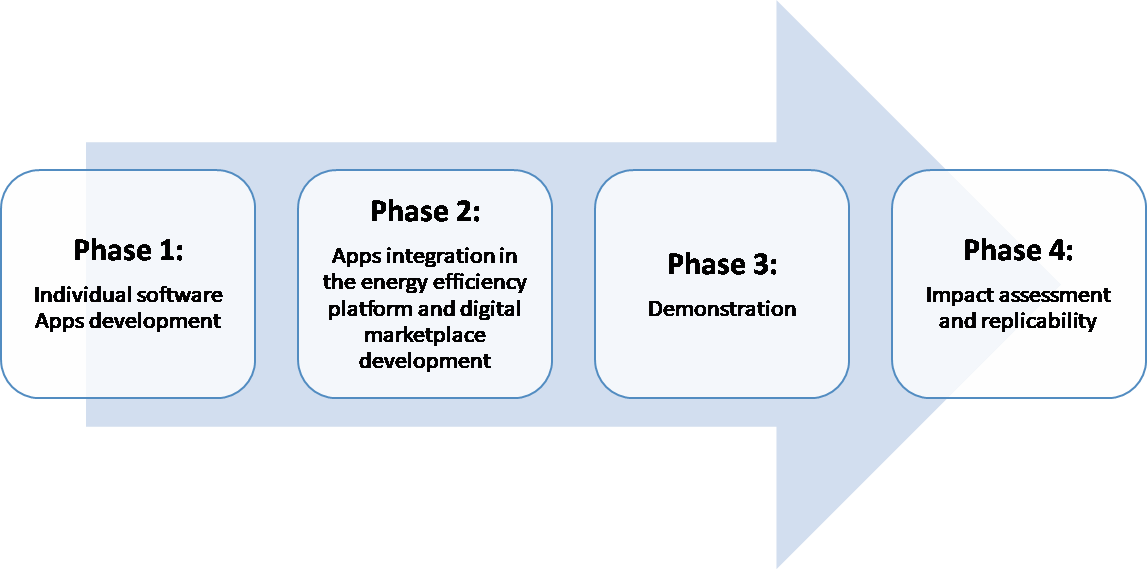
Phase 1: Individual software applications development
To accomplish this phase, a user survey will first be conducted to collect detailed information on users’ motivational drivers for energy behavioural change. The results from the survey will feed into the development work of several software applications: Users’ profiling application; User’s segmentation application; Automation manager application; Load disaggregation application; Net load forecasting application; Occupancy forecasting application; Behaviour predictor application; Energy manager application.
Phase 2: Applications integration in the energy efficiency platform and digital marketplace development
Despite being capable of operating independently from each other, the developed applications will be integrated under a unified platform – the integrated ICT-based platform for energy efficiency – where several interactions between the applications are envisaged with the aim of optimising energy savings without compromising comfort levels.
The integrated platform will have an interactive GUI – the building manager GUI – through which building managers will be capable of controlling simultaneously the personalized engagement and feedback messages sent to users, and the set points sent to flexible devices available in individual buildings or blocks of buildings. The gamification platform will also have a dedicated GUI – the user interactive GUI – through which users can receive tailor-made messages and access to comprehensive dashboards to feedback and compare in a straightforward manner their energy efficiency performance with their peers.
Phase 3: Demonstration
The third phase will be dedicated to the demonstration of the ICT-based solutions developed. During the initial phase of the project, the existing metering infrastructure in the buildings will be used to create rigorous 1-year baselines and models of existing energy consumption (prior to the 1-year demonstration stage) to enable a clear quantification of the energy savings and subsequent reduction of CO2 emissions delivered by the project’s interventions. The sensors required to create rigorous 1-year baselines of comfort levels and indoor air quality will be installed at the beginning of the project to enable a clear quantification of the changes induced by the solutions developed, during the second and subsequent year of the project.
Phase 4: Impact assessment and replicability
This phase will be dedicated to the analysis of the project impacts in the demonstrators and of the replicability and commercial potential of the solutions developed. Strategies to foster market uptake of solutions developed will also be analysed. All interventions will be evaluated through rigorous evaluation protocols, monitoring programs and evaluation plans to assess the performance of the solutions envisaged.
These analyses will be carried out not only from a technical perspective, but also from the adequateness of the business models proposed, which are expected to have a good return on investment and short-term payback assured by the energy savings achieved. The market roll-out of the solutions developed are therefore expected to follow a natural but accelerated process, while the replication plans will be designed to assure awareness of the solutions is widespread and deployment can be readily achieved at EU scale.
Expected Project Outcomes
FEEdBACk will contribute to a reduction of final energy consumption and subsequent reduction of CO2 emissions by developing, integrating and testing energy-ICT applications with the aim to:
- Stimulate energy efficiency through behavioural change and user engagement
- Understand and empathize with user interests and needs
- Foster energy saving awareness.
The project will use insights from social and behavioural sciences to maximize permanent behavioural change. Innovative methodologies to characterize and cluster buildings’ users taking into account demographic, socio-economic, cultural, and environmental factors. These methodologies will allow the definition of unique users’ profiles, linked to motivational drivers for energy efficiency, and creating groups of users with similar characteristics, so tailor-made actions can be specifically designed and implemented in each target group.
In-JeT’s role in the project
In-JeT will be involved on defining societal and motivational drives and perform the planned validation activities of user’s behavioural changes. In-JeT will conduct the user survey to investigate the motivational drivers that support behavioural change of end-users. The results will be used to develop the User Profile application and the User Segmentation application, and will also feed into the Behaviour Prediction application.
In-JeT will also lead the behavioural change assessment work. This work will be used to assess the sustainability and future applicability of the FEEdBACk solution. Moreover, an analysis will be done on future trends in demand response and the corresponding impacts on users’ behaviour.
Finally, In-JeT has a main role in analysing the ethical aspects of the project and providing advice on how to manage user participation in the demonstrations in the compliance with legal and ethical requirements.
Partners
- Instituto de Engenharia de Sistemas e Computadores, Tecnologia e Ciência, Portugal (Coordinator and pilot site)

- Delft University of Technology, The Netherlands

- Ecole Polytechnique Fédérale de Lausanne, Switzerland

- DEXMA Sensors S.L, Spain

- LiMETOOLS Ltd, UK

- In-JeT ApS, Denmark
- Kreis Lippe Der Landrat (pilot site), Germany

- Estudi Ramon Folchi I Associats SL (pilot site), Spain

Funding
Co-funded by the European Commission Horizon 2020 Research and Innovation Programme.


